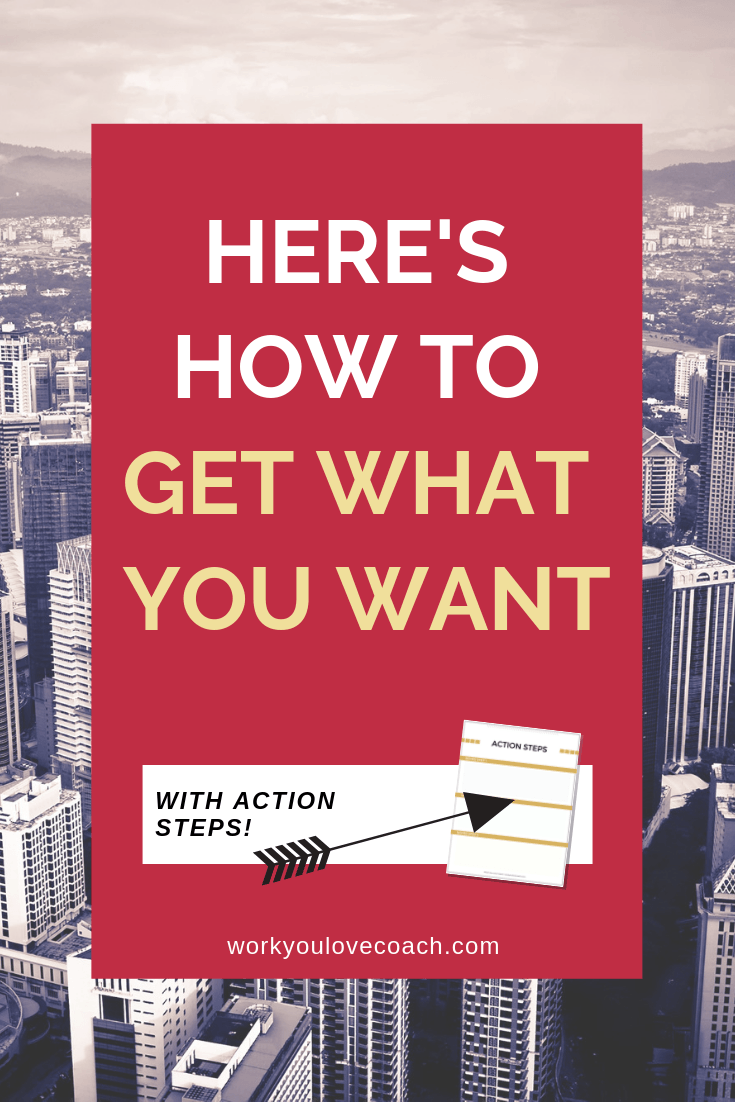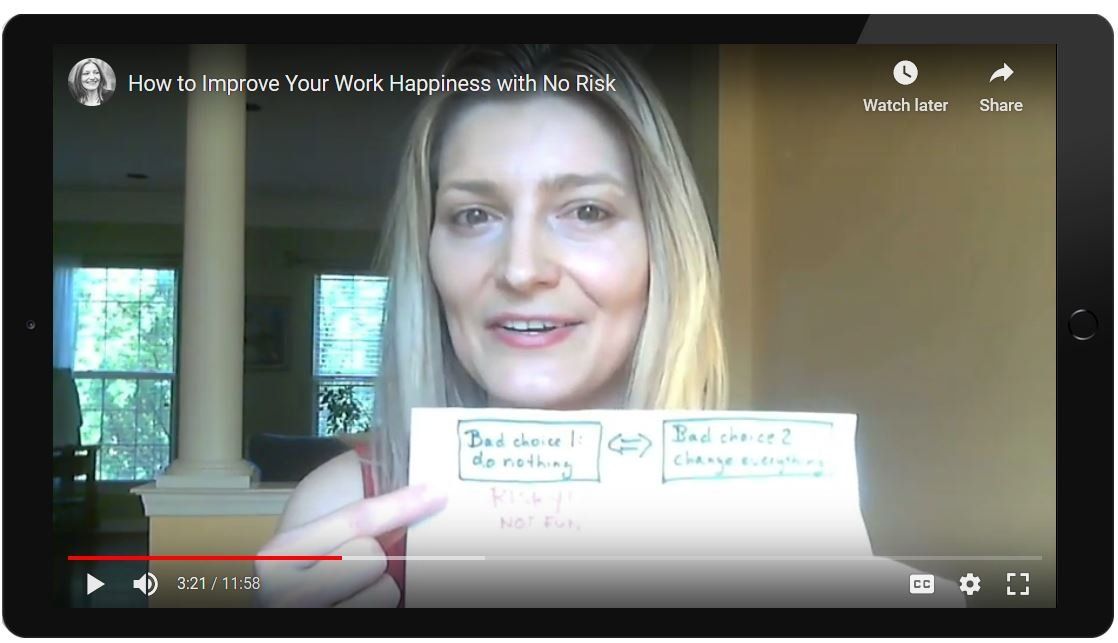Here's How to Get What You Want
But first, a brief disclaimer to put this into context:
The more committed a client is to the coaching, the more likely that person will get a lot of value out of it. Conversely, if a client isn’t all in, coaching can only take them so far. Of course, the same is true of life in general.
For instance, someone who is more committed to making their marriage work generally has a higher likelihood of finding marital happiness than someone who isn’t even trying.
Commitment helps with:
“Motivation is what gets you started. Commitment is what keeps you going.” ~ Jim Rohn
Taking action
“Commitment is an act, not a word.” ~ Jean-Paul Sartre
Finding solutions
“When confronted with a challenge, the committed heart will search for a solution. The undecided heart searches for an escape.” ~ Andy Andrews
For these reasons, commitment is how to get what you want. Just remember to …
Commit to the right things
Persistence and commitment are often seen as a great thing. But they are actually a double-edged sword. In fact, Winston Churchill’s famous quote (“ Never, never, never give up.”) is actually rather incomplete.
Because the truth is that sometimes, giving up is the very.best.thing you can do. For instance, if you are in an abusive relationship, not giving up on that relationship is probably a really, really bad idea.
It would, therefore, be much more precise to say:
Never, never, never give up — unless giving up is the right thing to do.
If giving up on something is the right thing to do, persistence and commitment can become a prison. In that case, persistence can mean that someone isn’t any smarter today than they were yesterday.
If you have any doubts about whether you are committed to the right thing, it probably makes sense to explore this fully before committing at an even deeper level (for instance, by following the guidelines in my article about making the right decision).
A rule of thumb is that you should think twice before doing something that your intuition feels iffy about.
With all that being said, let’s move on to…
Taking action
Grab a pen and paper. 📝Then, take a moment to go through the following process.
(If you want to get the most out of this or if you're afraid of getting
stuck, get the "Taking Action Worksheets" and begin by filling those
out.)
- Rank your current level of commitment
On a scale of 1 (totally disinterested) to 10 (all in), how committed are you to creating the life you really want? - How do you feel about your life?
👍 👍 = I’m exactly where I want to be! ( Congratulations. Now, stop reading this article and get back to your fabulous life! )
👍 = I sometimes fall off the wagon but I get back on fairly quickly. I’m moving in the right direction.
😐 =I’m stagnant. Things aren’t getting any better but at least there’s also not getting any worse.
👎 = I’m floundering. These tracks are leading me in the wrong direction.
👎 👎 = I’m lost in the metaphorical wilderness and feel like a massive failure. This is clearly not working! - Analyze your results and make a decision
Is there a relationship between your level of commitment and how you feel about your life? If so, is there any decision you want to make, for instance, the decision to become more committed to your goal? - If you made a decision: brainstorm options 💭
Let’s say you decided to become more committed. In that case, brainstorm what actions you could take to increase your commitment. These could include: finding an accountability partner, hiring a coach, enrolling in a course, scheduling time in your calendar for your tasks etc.
The idea 💡
Commitment can help you get what you really want. If you fully commit to something, you have a much better chance of getting where you want to go than if you don’t.






